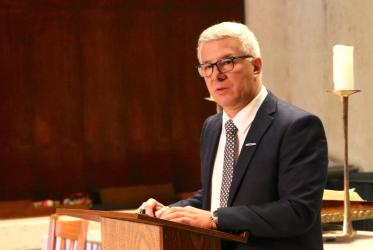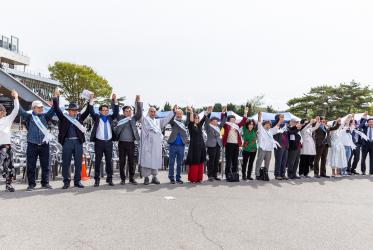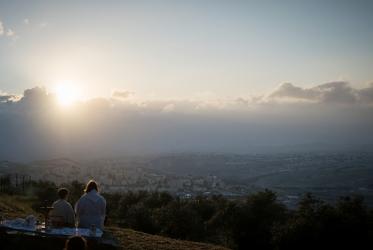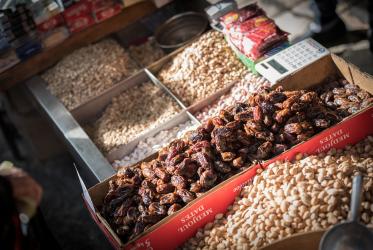Displaying 101 - 120 of 576
WCC grieves passing of Rev. Dr Micheline Kamba Kasongo
06 August 2020
Freedom of religion rooted in justice
06 March 2020
Churches should use their voice on climate change
26 February 2020
Lebanon meeting explores vision for more inclusive global church
07 February 2020
Worldwide prayer campaign begins to end 70-year Korean War
06 February 2020









